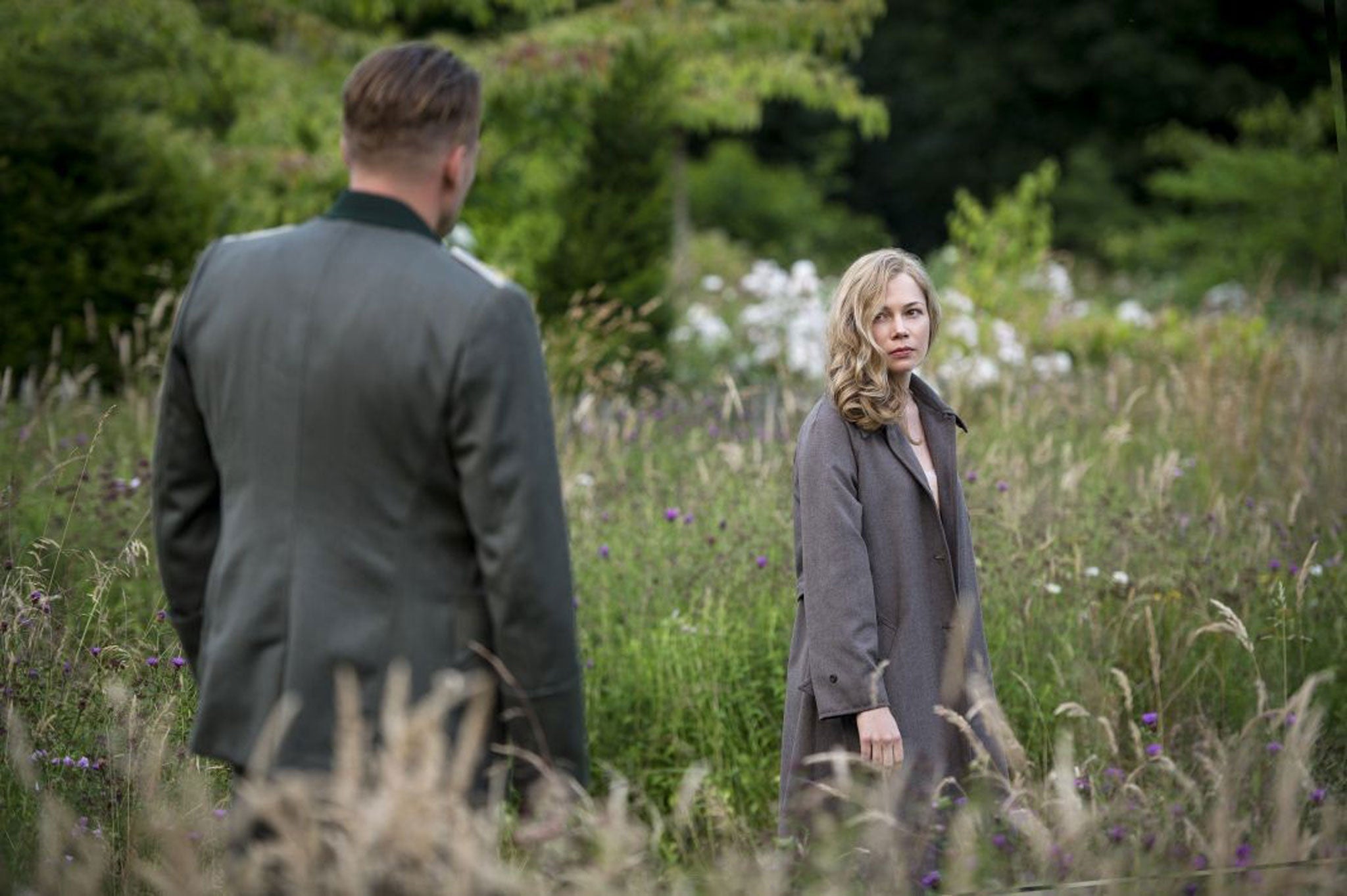Suite Française, film review: A 'Hollywoodised' but nuanced treatise on love and war
(15) Dir. Saul Dibb; Starring Michelle Williams, Matthias Schoenaerts, 107mins

Your support helps us to tell the story
From reproductive rights to climate change to Big Tech, The Independent is on the ground when the story is developing. Whether it's investigating the financials of Elon Musk's pro-Trump PAC or producing our latest documentary, 'The A Word', which shines a light on the American women fighting for reproductive rights, we know how important it is to parse out the facts from the messaging.
At such a critical moment in US history, we need reporters on the ground. Your donation allows us to keep sending journalists to speak to both sides of the story.
The Independent is trusted by Americans across the entire political spectrum. And unlike many other quality news outlets, we choose not to lock Americans out of our reporting and analysis with paywalls. We believe quality journalism should be available to everyone, paid for by those who can afford it.
Your support makes all the difference."If you want to know what a man is truly made of, start a war," says a secondary character in this English-language adaptation of Irène Némirovsky's posthumous bestseller about life in a northern French village under German occupation.
Foregrounding the forbidden and impossible love affair between demure Lucile (Michelle Williams) and the cultured, piano-playing Nazi officer, Bruno (Matthias Schoenaerts), who is billeted with her, the film condenses and generally Hollywoodises the source material. But at its best, it still shows us what living with the enemy reveals about the character of the villagers, and how it throws their social relations into relief.
People are still people, even in wartime. The rich, represented by the collaborationist Viscount de Montmort (Lambert Wilson), still hoard their wealth and abuse their power; the poor, represented by proud farmer Benoît (Sam Riley), still struggle the most; and the village's young women, whose men have all gone away, are still liable to have their heads turned by handsome soldiers, no matter the colour of their uniforms. It's just that the stakes are raised. Old resentments and petty village gossip can have life or death consequences. And characters who at first seemed timid, such as Lucile, or haughty and mean like her mother-in-law (Kristin Scott Thomas), might be required to draw on previously hidden reserves of courage or compassion.
Some of the characterisation is simplistic and the drama over-determined, while the clunky explanatory voiceover betrays a further lack of nerve on the part of the film-makers. But there are still observations about village life, and about the tricky moral compromises and fraught relationships which exist under occupation, that have a root authenticity and could only come from source material by a writer who – however tragically and briefly – lived through it.
Join our commenting forum
Join thought-provoking conversations, follow other Independent readers and see their replies
0Comments